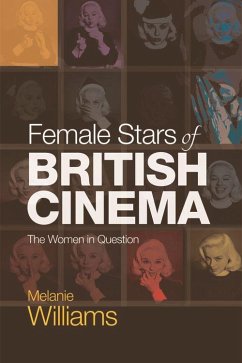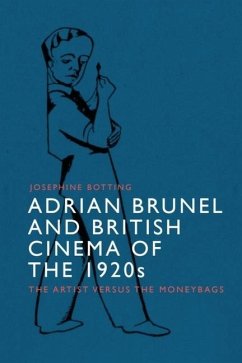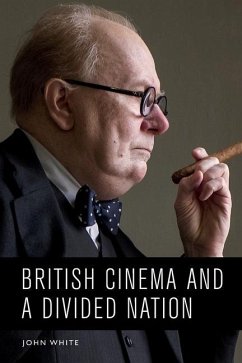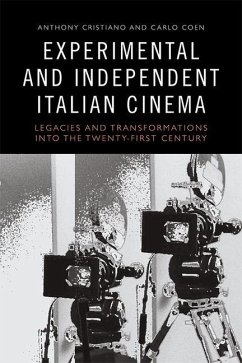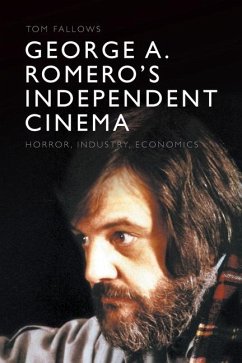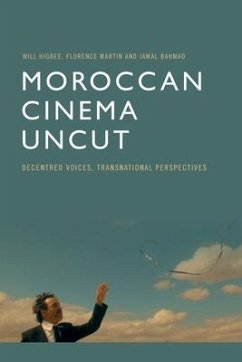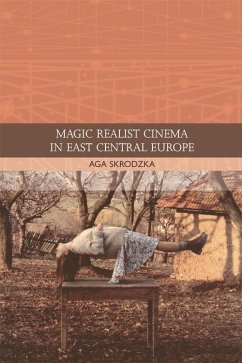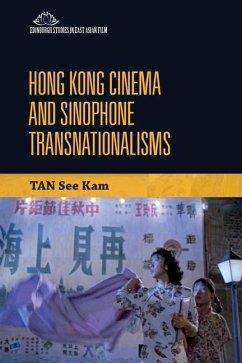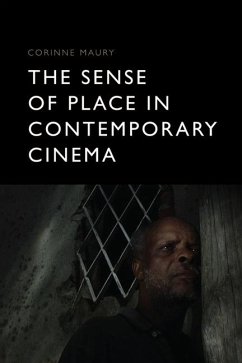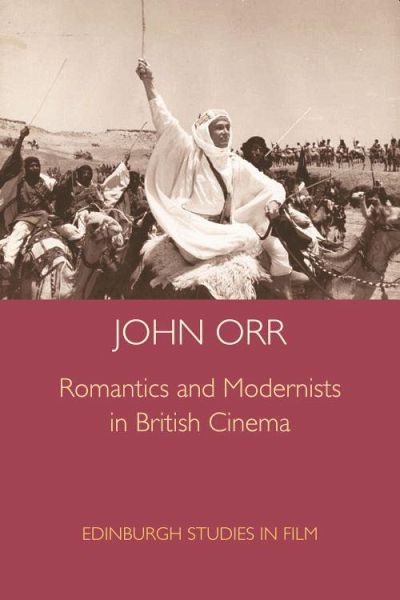
Romantics and Modernists in British Cinema

PAYBACK Punkte
17 °P sammeln!
In a fresh and invigorating look at British cinema, John Orr examines the neglected relationship between romanticism and modernism from 1929 to the present day. Encompassing a broad selection of films, film-makers and debates, this book brings a new perspective to how scholars might understand and interrogate the major traditions that have shaped British cinema history. Orr identifies two prominent genres in the British template that often go unrecognised, the fugitive film and the trauma film, whose narratives have bridged the gap between romantic and modern forms. Here Hitchcock, Lean, Powel...
In a fresh and invigorating look at British cinema, John Orr examines the neglected relationship between romanticism and modernism from 1929 to the present day. Encompassing a broad selection of films, film-makers and debates, this book brings a new perspective to how scholars might understand and interrogate the major traditions that have shaped British cinema history. Orr identifies two prominent genres in the British template that often go unrecognised, the fugitive film and the trauma film, whose narratives have bridged the gap between romantic and modern forms. Here Hitchcock, Lean, Powell, Reed and Robert Hamer are identified as key romantics, Roeg, Losey, Antonioni, Kubrick and Skolimowski as later modernists. The book goes on to assess the narrowing divide through the films of Terence Davies and Bill Douglas and concludes by analysing its persistence in the new century, in the prize-winning features Control and Hunger. John Orr was Emeritus Professor at the University of Edinburgh and published widely in the areas of cinema, theatre and literature.




